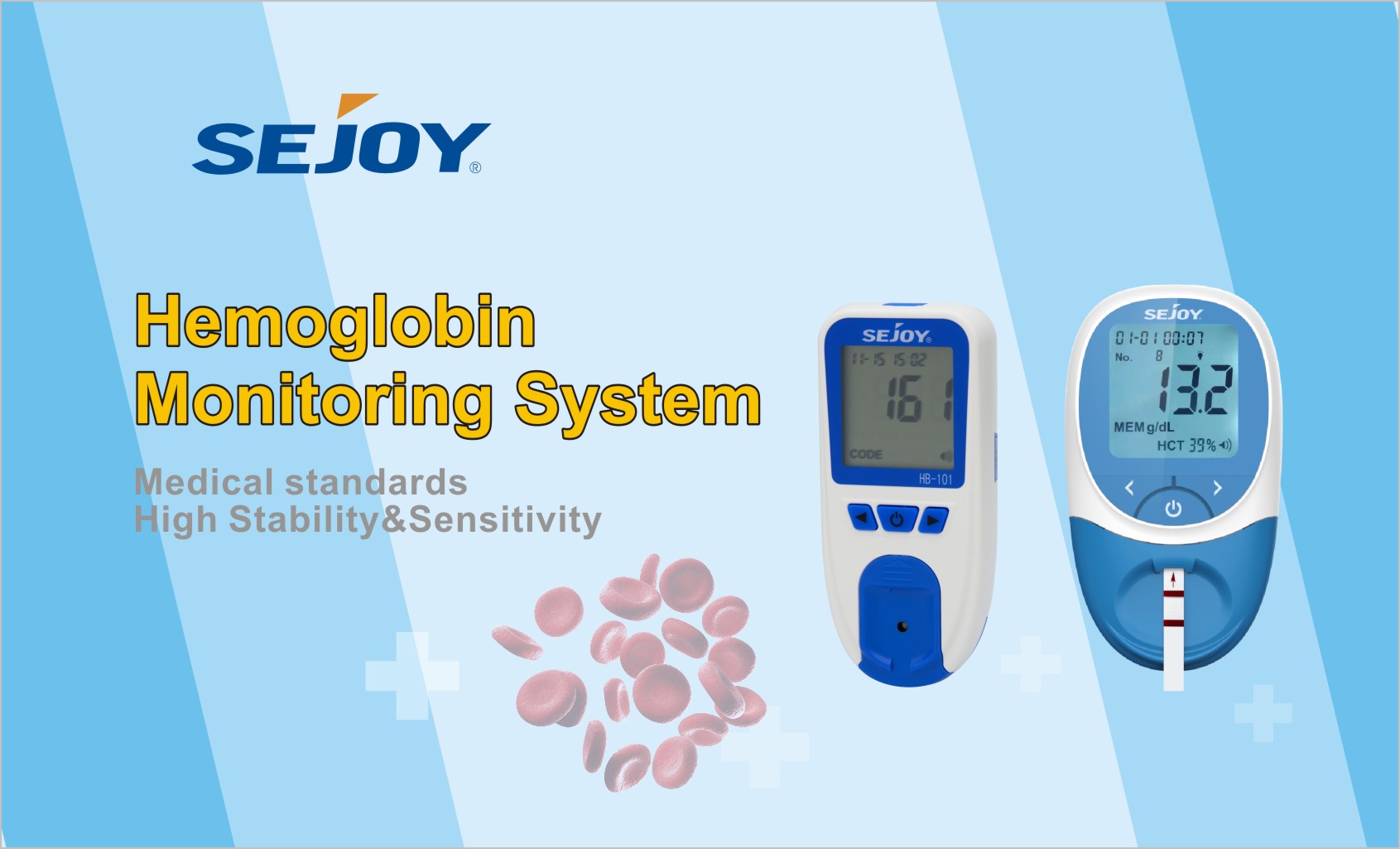There are three main reasons why anemia occurs.
Your body can’t produce enough red blood cells.
Not being able to produce enough red blood cells can happen for several reasons, including diet, pregnancy, disease, and more.
Diet
Your body may not produce enough red blood cells if you lack certain nutrients. Low iron is a common problem. People who don’t eat meat or follow “fad” diets are more at risk of low iron. Infants and toddlers are at risk of getting anemia from a low-iron diet. Not having enough vitamin B12 and folic acid can cause anemia as well.
Absorption difficulty
Certain diseases affect your small intestine‘s ability to absorb nutrients. For example, Crohn’s disease and celiac disease can cause low iron levels in your body. Some foods, like milk, can prevent your body from absorbing iron. Taking vitamin C can help this. Medicines, such as antacids or prescriptions to reduce acid in your stomach, can affect it as well.
Pregnancy
People who are pregnant or breast feeding can get anemia. When you’re pregnant, you need more blood (up to 30% more) to share with the baby. If your body lacks iron or vitamin B12, it can’t produce enough red blood cells.
The following factors may increase your risk of anemia during pregnancy:
Vomiting a lot from morning sickness
Having a diet low in nutrients
Having heavy periods before pregnancy
Having 2 pregnancies close together
Being pregnant with multiple babies at once
Becoming pregnant as a teenager
Losing a lot of blood from an injury or surgery
Growth spurts
Children younger than 3 years of age are prone to anemia. Their bodies grow so fast that they can have a hard time getting or keeping enough iron.
Normocytic anemia can be congenital (from birth) or acquired (from a disease or infection). The most common cause of the acquired form is a chronic (long-term) disease. Examples include kidney disease, cancer, rheumatoid arthritis, and thyroiditis. Some medicines can cause normocytic anemia, but this is rare.
Your body destroys red blood cells early and faster that they can be replaced.
Treatments, such as chemotherapy, can damage your red blood cells and/or bone marrow. Infection caused by a weakened immune system can lead to anemia. You may be born with a condition that destroys or remove red blood cells. Examples include sickle cell disease, thalassemia, and a lack of certain enzymes. Having an enlarged or diseased spleen can cause anemia, too.
You have blood loss that creates a shortage of red blood cells.
Heavy periods may cause low iron levels in women. Internal bleeding, such as in your digestive or urinary tract, can cause blood loss. This can be caused by conditions such as a stomach ulcer or ulcerative colitis. Other reasons for blood loss include:
Cancer
Surgery
Trauma
Taking aspirin or a similar medicine for a long time
Articles quoted from: familydoctor.org.
Post time: May-18-2022



